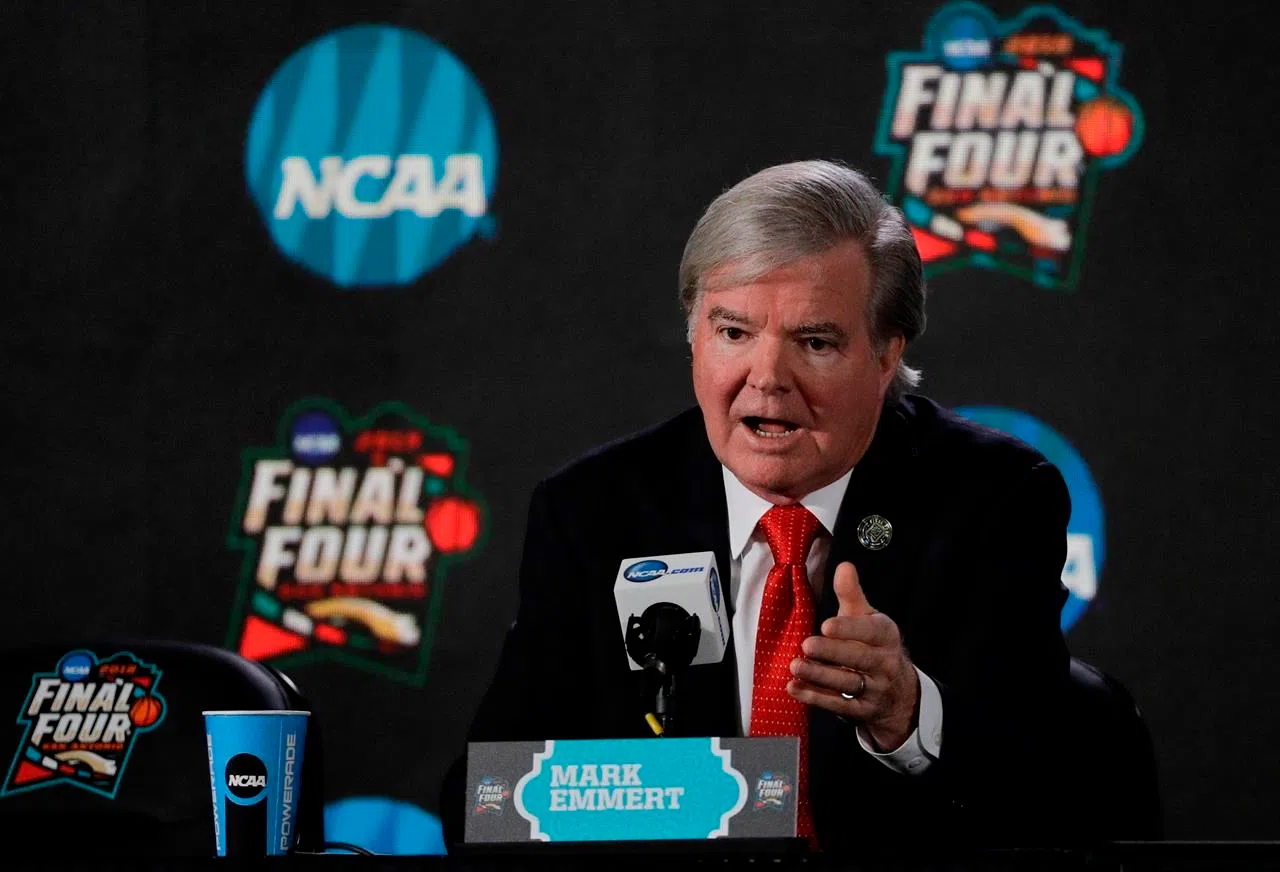
Why NCAA sexual assault policy stops short of punishment
SAN ANTONIO — In October of 2016, not long after a sexual assault scandal at Baylor swept out the football coach, athletic director and president of the university, the NCAA convened a commission to combat campus sexual violence.
The commission crafted a policy focused on educating athletes and coaches and ensuring athletic departments were following school policies regarding the handling of sexual assault allegations. The commission’s proposal was adopted by the NCAA board of governors last year .
Since then, Michigan State has become embroiled in a horrific scandal involving a former athletic department doctor, Larry Nassar, who has been convicted of molesting dozens of women, including many Spartans athletes.
NCAA leaders see the association as an agent of culture change, trying to curb a problem that goes beyond athletics. Others want the NCAA to take a more active role, putting rules in place that would ban individual offenders from competing in college athletics and sanction schools that fail to weed out potential predators. That is highly unlikely.


